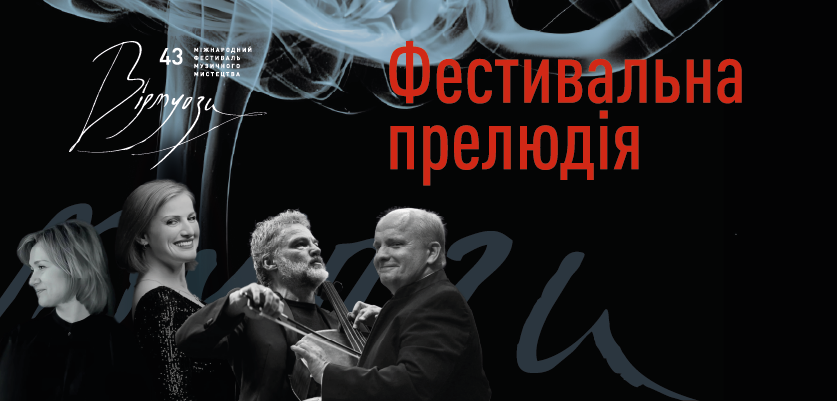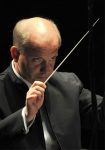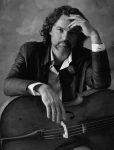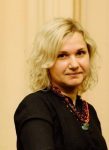Virtuosos 43. PRELUDE OF FESTIVAL
Концертний зал Людкевича
190–600

What is it like to live in historical times and remain artists of your country? History sets up this question not only to our generation. Centuries ago, creators of beauty also understood the importance of choice. For the Czech composer Leoš Janáček, after the defeat of the national liberation uprising, music became a space in which the Czech Republic of his childhood, with its enchanting folk dances and the enlightened echo of church bells, contrasted with the Czech Republic of suffering and injustice.
Janáček’s music is about the ability to find the light, even if the night lasts for decades. This is also influenced by his teacher, composer, Antonin Dvořák. It is the latter who is credited with the musical discovery of America, although the composer put much more effort into another discovery – his native Czech Republic. In his music, the best melodies of Moravia and Bohemia came to life, and chamber works were no exception, among which the Piano Quartet in E-flat major occupies a prominent place. In it, Dvořák’s genius appears at the time of his triumph – after years of struggle and waiting, his peculiarly Czech music broke through the ice of non-acceptance and now confidently conquered the stages of Europe.
Despite the three-decade difference, the creative path of Antonin Dvořák has several intersection points with the biography of Bohuslav Martinu, especially geographical ones – Prague, Paris, trips to America and the landscapes of Czech towns hidden in the heart, the desire to create new music, and with it to give life to folk songs known from childhood. The last stop on the composer’s path was Switzerland, where in the last year of his life, Martinu wrote Variations on a Slovak theme, for the basis of which he chose a song with the symbolic title “If I Knew”.
The music of the Czech avant-garde artist Marek Kopelent also experienced the inexorability of history. He was predicted to have a successful career, but with the change of political regime, modern music was banned in the Czech Republic. Kopelent’s works continued to be performed abroad with success, but the composer did not hear any of them in the Motherland for 15 years. This period could become a turning point in the artist’s life, but Kopelent managed the impossible – to crystallize his own style during the years of forced silence, the example of which is “Cantus Rogans” for solo cello.
Perhaps such many coincidences in the trajectories of the fates of composers are simply accidental, or perhaps it is the persistence of tradition? To draw parallels, or, on the contrary, to make sure of the differences in the work of all three composers, music will best help.
Artists:
- Oksana Hretchyn, violin
- Theodore Kuchar, viola
- Jiří Bárta, cello
- Nataliia Hutsul, piano
Program:
- Leoš Janáček (1854–1928). Sonata for violin and piano (1914)
- Con moto
- Ballad
- Allegretto
- Adagio
- Marek Kopelent (1932–2023). “Cantus Rogans” for solo cello (1999)
- Bohuslav Martinů (1890–1959). Variations on a Slovak Theme, H. 378 (1959)
- Antonín Dvořák (1841–1904). Piano Quartet No. 2 in E-flat major, Op. 87 (1889)
- Allegro con fuoco
- Lento
- Allegro moderato, grazioso
- Allegro ma non troppo






